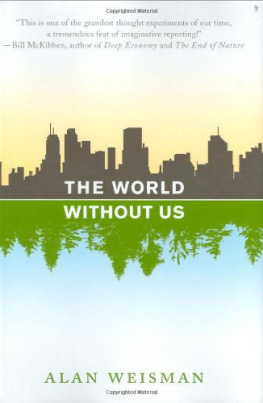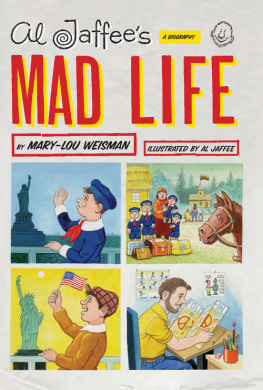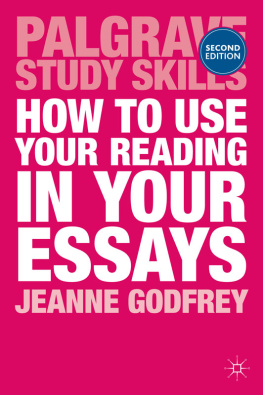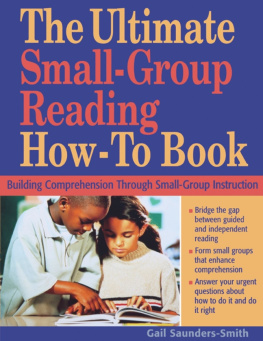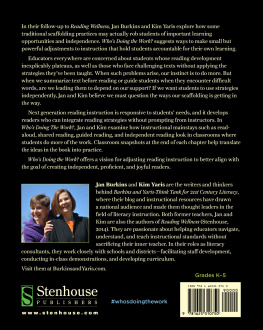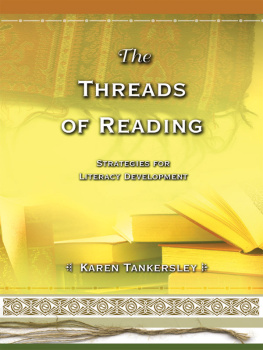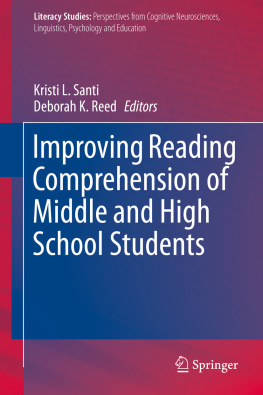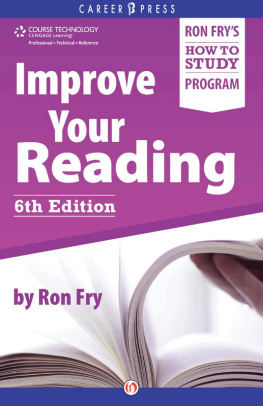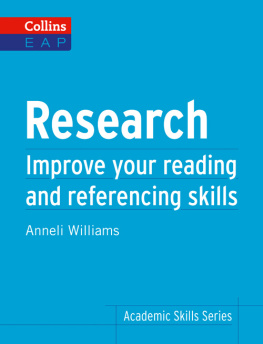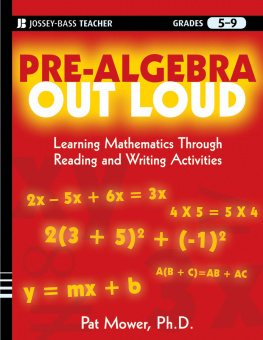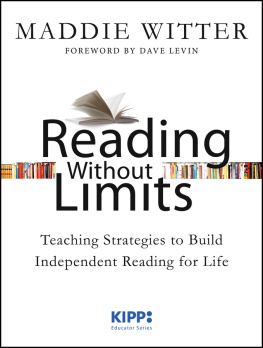Introduction
Who Am I?
June 24, 1999. I am standing on the stage of Avery Fisher Hall in New York City, and I feel like Im about to throw up. My hands are trembling, my stomach is turning, and my heart is pounding so violently that I can hear the blood rushing in my ears. Im here to give my valedictory speech to the graduating class of Stuyvesant High School, one of the most competitive and academically rigorous schools in the country. The school is so big (more than 700 students in my class alone) that we had to rent out part of Lincoln Center to accommodate everyone.
The eyes of all my classmates and their parents follow me expectantly as I stride up to the podium with long, quick steps, trying to appear confident. Smoothing out the damp paper I have been crumpling in my hands, I begin to read in a quavering voice:
The day I found out I was valedictorian was one of the happiest days of my life. But then, after the euphoria wore off, I realized something that sent a shiver down my spine: I had to make a speech. Im a pretty shy person, and to stand here in front of thousands of people is not easy for me. The terror I felt at public speaking almost made me wish my GPA was a few points lower, so I could avoid this nerve-racking ordeal. Almost. All I could do was write the best speech I could and try to present it without fainting. So now, Im going to take a few deep breaths, hope for the bestand picture all of you in your underwear.
Okay, so maybe it wasnt the classiest speech in the world. But the crowd laughed, and I loosened up after that. I began to enjoy myself. It felt good to be the center of attention and to have people acknowledge all the hard work I had done over the past four years.
I never expected to become valedictorian of Stuyvesant, a public high school in New York City where fewer than 4 percent of students who take the entrance exam actually get in. My grade point average was over a 4.0, causing lots of people to ask me how I got more than a perfect A. Simple, I told them: teachers at Columbia give out A+s, and each of those little beauties is worth 4.33!
I also came away with awards such as best senior thesis on a non-U.S. topic, best performance in Columbias core curriculuma required program for all undergrads that includes classes in literature, philosophy, music, art, language, science, and moreas well as summa cum laude and Phi Beta Kappa. Several years later I was admitted to Yale Law School, consistently ranked by U.S.News & World Report as the top law school in the country. (I eventually decided not to go to law school, but thats a story for another book!)
Instead, I got a fellowship to attend New York Universitys Institute of Fine Arts, where I earned my Masters in Art History in a year and a half instead of the usual two and graduated with a GPA of 3.95. Around this time, I became interested in technology and went back to Columbia to get a second bachelors degree, a BS in computer science. For two years I took nothing but courses in my new major. They were the hardest and most frustrating classes I had ever taken in my life, but I still managed to graduate magna cum laude, with a GPA of over 3.8.
As you can see, Ive been a top student for a long time in a variety of areas. But it wasnt because I was so smart that everything came naturally to me. In fact, it was just the opposite: I had an undiagnosed learning disability that made it very hard for me to understand spoken words. I cant tell you how many times I would walk out of a classroom feeling like the teacher had been speaking a foreign languageand this was not in Spanish class.
In science labs, I would stare helplessly at the Bunsen burners and microscopes in front of me because I couldnt process verbal instructions. Most of my classmates, on the other hand, would merrily proceed to burn their organic compounds and gawk at the bacteria in their swamp water. I often felt frustrated and stupid, and there were times when I hated going to school.
But, ironically, I believe that my learning disability made me a better student. It meant that I had to become extra good at things like taking notes, studying, and writing papersthe big three in the life of a studentto compensate for my poor listening comprehension. I also became an expert at keeping myself motivated. I refused to let my learning difficulty limit what I could do. By the end of my academic career, I had developed an extensive collection of techniques, habits, and ways of thinking that helped me excel in schooland which I will now share with you!
However, I wanted this book to be based on more than just my experience. Thats why I surveyed forty-five other academic superstars, including Rhodes scholars, high school and college valedictorians, students who made it into Yale Law School and Stanford Medical School, Intel Science Fair finalists, a winner of the Scripps National Spelling Bee, and many more. If theres one thing I learned from this survey, its that there is no one single way to achieve academic success.
Anyone who tells you that he or she knows the correct way to study either is lying or has a superiority complex. In fact, one of the keys to being a top student is recognizing how you learn best. Another is being able to adapt to each particular situation. This book will provide recommendations, advice, and ideas for improving your academic performance, but not hard and fast rules. Above all, it will help you discover the methods that work best for you.
Who Is This Book For?
This book is for anyone who wants to be a better student in high school or collegeand by that I mean improving your GPA, studying more efficiently, honing your writing and critical thinking skills, and learning how to navigate the labyrinthine world of academia. All thats required are an open mind and a desire to excel. Whether youre at the bottom of the class, in the middle, or nearing the top and trying to take it to the next level, this book can help you.
By the way, you should not buy this book to become valedictorian. If that happens, great, but youll go crazy if you put that kind of pressure on yourself because too many factors are beyond your control. I never aimed for the number-one spot in high school and college, but I got luckyvery, very lucky. This book will help you achieve your personal academic best, whatever that may be.
What Makes This Book Different from Other Study Aids?
First of all, if youre in a bookstore or library, look around you. Do you see any other books on how to improve your grades? Probably not. You will, however, notice lots of thick, brightly colored tomes on how to raise your score on the SAT and other standardized tests. While there are shelves upon shelves of books on test prep, precious few address how to achieve academic success. But isnt doing well in schoolwhich represents years of hard work to acquire knowledge and skills that will last you the rest of your lifemore important than gaining a few points on a single exam?
Thats a rhetorical question, by the way. Colleges, graduate schools, and employers care more about your grades and the rigor of your curriculum than they do about your standardized test scores. The truth is, most people want a quick fix. They figure that a good SAT, GRE, LSAT, or MCAT score will outweigh a poor or mediocre performance in school, but that just isnt the case. Im not saying that standardized test scores dont matter; its just that what you do in the classroom is so much more important.
A good GPA, even from a lousy high school, is a far better predictor of whether a student will finish college than a high mark on the SATs. Not coincidentally, GPAs reward perseverance, character, time-management skills, and the ability to work well with others.



